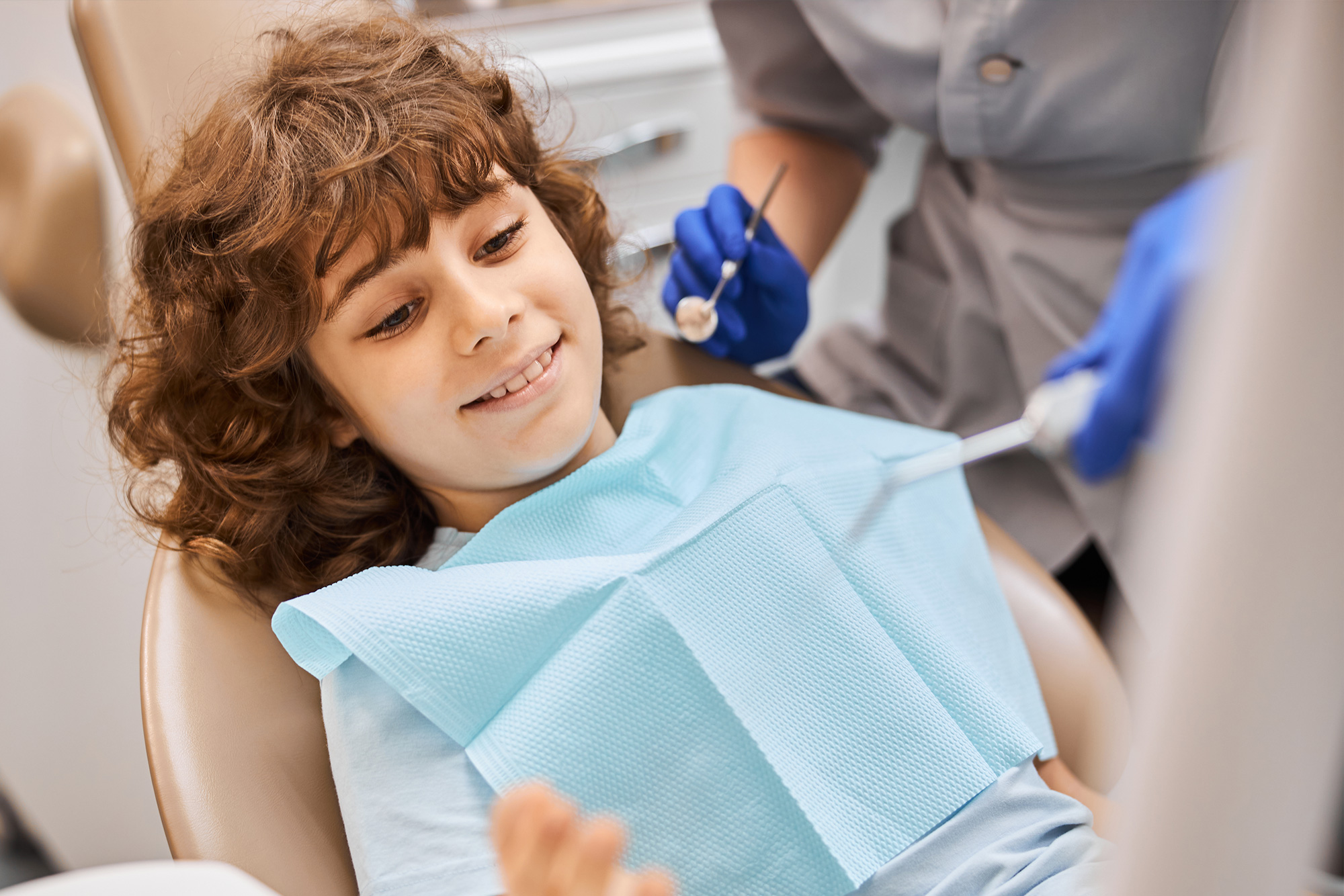Dental emergencies can happen unexpectedly and in different forms, with some needing more immediate care than others. Often, people delay contacting their dentist, unsure if their situation qualifies as an emergency or if their insurance will cover the treatment.
Even if a problem seems minor, postponing dental treatment can result in more serious complications down the line.
Knowing what constitutes a dental emergency and if you need to go to the emergency room immediately can make the difference between a serious dental issue and one that can be dealt with easily.
What is a Dental Emergency?
A dental emergency is any dental problem that demands immediate professional attention.
Although not every dental issue is considered an emergency, conditions like uncontrolled bleeding, ongoing pain that doesn’t respond to medication, and fractures in the facial bones require urgent care from a dental professional.
But What Constitutes a Dental Emergency?
Here are the key situations that typically qualify as a dental emergency:
Severe Tooth Pain
Persistent or excruciating tooth pain that is not relieved by over-the-counter pain relievers can indicate a deeper and more serious issue, such as an infection or abscess. Sudden, throbbing pain, especially when eating or drinking, can be a sign of a dental emergency that requires prompt care.
Knocked-Out Tooth
A tooth that has been completely knocked out (avulsed) requires urgent care to try and save it.
If possible, the tooth should be rinsed gently (without scrubbing), kept moist (in milk or saliva), and taken to the dentist immediately.
Fractured or Broken Tooth
A cracked or broken tooth, especially if it exposes the nerves, can lead to severe pain and an increased risk of infection, constituting a dental emergency.
Uncontrolled Bleeding
Bleeding from the gums that won’t stop after a few minutes or bleeding after an injury can be a sign of a serious dental emergency that requires immediate attention.
Abscess or Infection
An abscessed tooth or infection (evidenced by swelling, pain, or a pimple-like bump on the gums) requires quick treatment to avoid spreading the infection to other parts of the body. Symptoms may include fever, swollen lymph nodes, or a bad taste in the mouth, indicating a dental emergency.
Injury to Facial Bones or Gums
Fractures or injuries to the jaw, face, or gums that cause pain, swelling, or misalignment should be treated as a dental emergency. In some cases, an injury may cause difficulty swallowing or breathing, which requires immediate attention.
Trauma to the Mouth or Teeth
Injuries caused by accidents, falls, or sports injuries that impact the mouth should be treated as dental emergencies, especially if they cause significant damage to teeth or gums.
Swelling or Pain in the Jaw
Swelling around the jaw, especially if accompanied by pain or fever, may indicate an infection or abscess that needs to be treated immediately to prevent further complications.
Situations That May Not be Dental Emergencies but Still Require Attention
Minor Toothaches or Sensitivity
While minor toothaches or sensitivity may not be an emergency, they can be early signs of underlying issues like cavities or gum disease. Delaying treatment may cause the problem to worsen, leading to more severe pain or infection over time. It’s important to visit your dentist soon to address the cause and prevent further damage.
Loose Fillings or Crowns
A loose filling or crown is not an emergency, but if left untreated, it can expose the tooth to bacteria, food particles, and decay. Prompt dental attention is necessary to prevent more extensive damage or the need for more invasive procedures down the line. It’s best to have it fixed to avoid complications.
Small Chips or Cracks
Small chips or cracks in teeth may not seem like a dental emergency, but they can weaken the tooth and lead to more serious fractures if not addressed. A dentist can repair it before it worsens, protecting the tooth from further damage or sensitivity. Timely treatment ensures the tooth remains healthy and functional.
Objects Lodged Between Your Teeth
While having something stuck between your teeth may not be a dental emergency, it can lead to discomfort, gum irritation, or even infection if left untreated. If the object is difficult to remove, it’s important to see your dentist to prevent damage to your gums or teeth.
Broken Braces
A broken bracket or wire may not be an immediate emergency, but it can disrupt your treatment and cause discomfort or injury to your mouth. If left untreated, it may result in delays in your orthodontic progress or additional damage to your teeth and gums.
Minor Injuries to Soft Tissues
Small cuts, scrapes, or irritations to the gums, lips, or cheeks are typically not emergencies, but they can become infected or worsen without proper care. Even minor injuries should be evaluated by your dentist to avoid complications such as infection or delayed healing.
How to Handle a Dental Emergency Until You Get to the Dentist
- Stay calm, think clearly, and take quick action.
- Assess the situation: check for bleeding, pain, swelling, or any damage to your teeth.
- If a tooth is knocked out or broken, don’t hesitate—call your dentist right away, even if it’s after hours, as many dentists offer emergency contact numbers.
- To control bleeding, gently apply pressure with clean gauze or cloth for 10-15 minutes until it stops.
- If there’s swelling or pain, a cold compress applied to the outside of the cheek can provide relief. Over-the-counter pain relievers can help manage discomfort until you receive professional care.
- While you may relieve some immediate symptoms, it’s essential to visit your dentist as soon as possible for a thorough evaluation and treatment to avoid further complications.
Conclusion
A dental emergency occurs when an injury to your mouth causes severe pain, uncontrolled bleeding, or facial bone fractures. If left untreated, these issues can quickly escalate into more serious problems like infections, tooth damage, or even tooth loss.
If you’re experiencing severe pain, fever, or uncontrollable swelling or bleeding, it’s critical to seek professional help right away.
Don’t Wait! Get in Touch Your Dentist Immediately for a Dental Emergency
Contact Molar Dental to get the immediate emergency dental care in Katy, TX, and protect your smile.
Call to schedule an appointment today.
FAQs
Not every toothache is an emergency, but if the pain is severe or persistent, it could indicate an underlying issue like an infection. Ignoring it could lead to more significant problems, so it’s best to consult your dentist promptly.
A broken or chipped tooth should be evaluated right away, especially if it exposes the tooth’s nerves or causes pain. Delaying treatment could result in infection or further damage.
Yes, uncontrolled bleeding or swelling in the mouth is a dental emergency. It could signal an infection or injury that requires immediate treatment.




